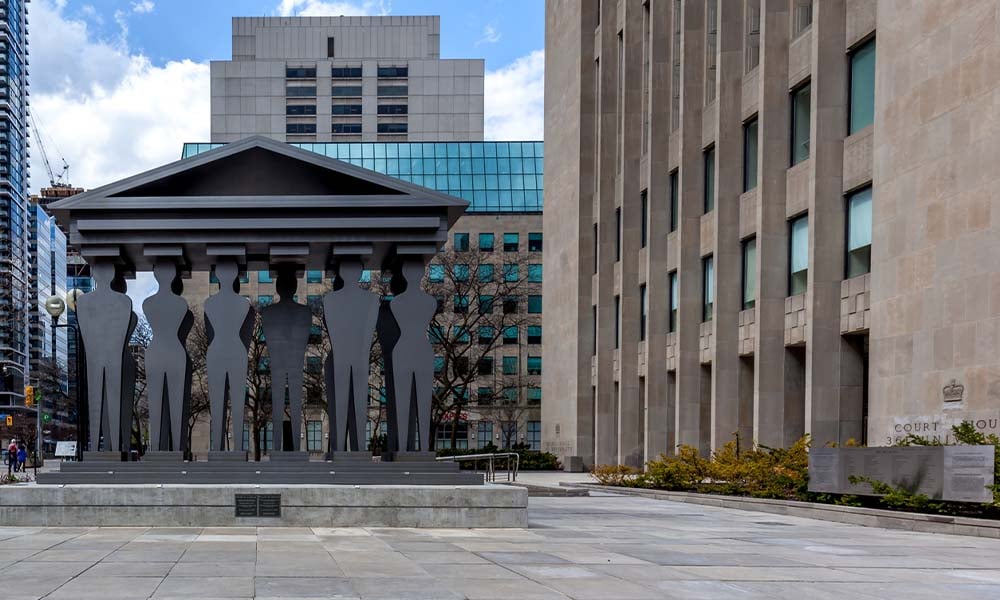
Condominium initiated mediation when tenant refused to replace unit's defective pipes

The Ontario Court of Appeal has recently refused leave to appeal to a tenant who refused to comply with the condominium’s resolution to replace defective pipes in his unit and who refused to cooperate during mediation and arbitration proceedings.
The condominium, constructed with pipes known to be defective, passed a resolution requiring unit owners to replace the pipes in their units. The tenant, a unit owner in the condominium building, refused to replace the pipes and to permit the condominium’s contractors to enter his unit to replace the pipes for him. The tenant also refused to participate in mediation proceedings commenced by the condominium in an effort to secure his cooperation to replace the pipes and comply with the arbitrator’s award in October 2019. The arbitrator had directed him to allow the condominium to replace the pipes and to pay over $60,000 in costs.
In February 22, 2021, the Superior Court of Justice of Ontario found that the lien registered by the condominium on the tenant’s property was valid, granted the condominium’s application for judgment enforcing the arbitral award and dismissed the tenant’s application to set aside the arbitral award or, in the alternative, to remove the lien.
In Toronto Standard Condominium Corporation No. 1466 v. Weinstein, 2021 ONSC 3526, the condominium asked for costs of over $71,000, on a full indemnity basis. The Superior Court ordered the tenant to pay the costs sought, ruling that this was a rare case where a full indemnity cost award was appropriate on account of the tenant’s unreasonable, abusive, persistent and obstinate conduct before and during the proceedings, which unnecessarily increased the condominium’s legal expenses.
The Superior Court noted that, aside from refusing to replace the pipes himself or to allow the contractors to do it for him, the tenant also refused to participate further in the arbitration after the arbitrator dismissed his objection to the arbitrator’s jurisdiction and ordered that arbitration would proceed, as well as refused to comply with the arbitral award.
The Superior Court found numerous reasons for sanctioning the tenant’s conduct throughout the proceedings, including that the tenant had made unfounded allegations against the condominium and its counsel, had abused the court’s process through repeated requests to schedule urgent motions and had failed to adhere to procedural rules and case management orders. An enhanced cost award is meant to discourage this type of abusive conduct, the Superior Court said.
Upon the tenant’s appeal, the condominium filed a motion to quash the appeal for want of jurisdiction. The appellant tenant contended that he had a right of appeal, but added that he was prepared to argue for leave to appeal based on the materials filed on this motion if the court decided that leave to appeal was necessary.
In Weinstein v. Toronto Standard Condominium Corporation No. 1466, 2021 ONCA 470, the Court of Appeal for Ontario ruled that the tenant indeed needed leave to appeal the decision of the Superior Court, given that s. 49 of the Arbitration Act, 1991 applied. The appellate court quashed the appeal, but permitted the tenant to proceed with a motion for leave to appeal on the basis of the materials on the motion.
Ultimately, the appellate court refused leave to appeal, finding that the tenant had not established that he met the criteria for granting leave to appeal. The appellate court, noting that it was not its practice to provide its reasons on a motion for leave to appeal, saw no reason to depart from that practice.